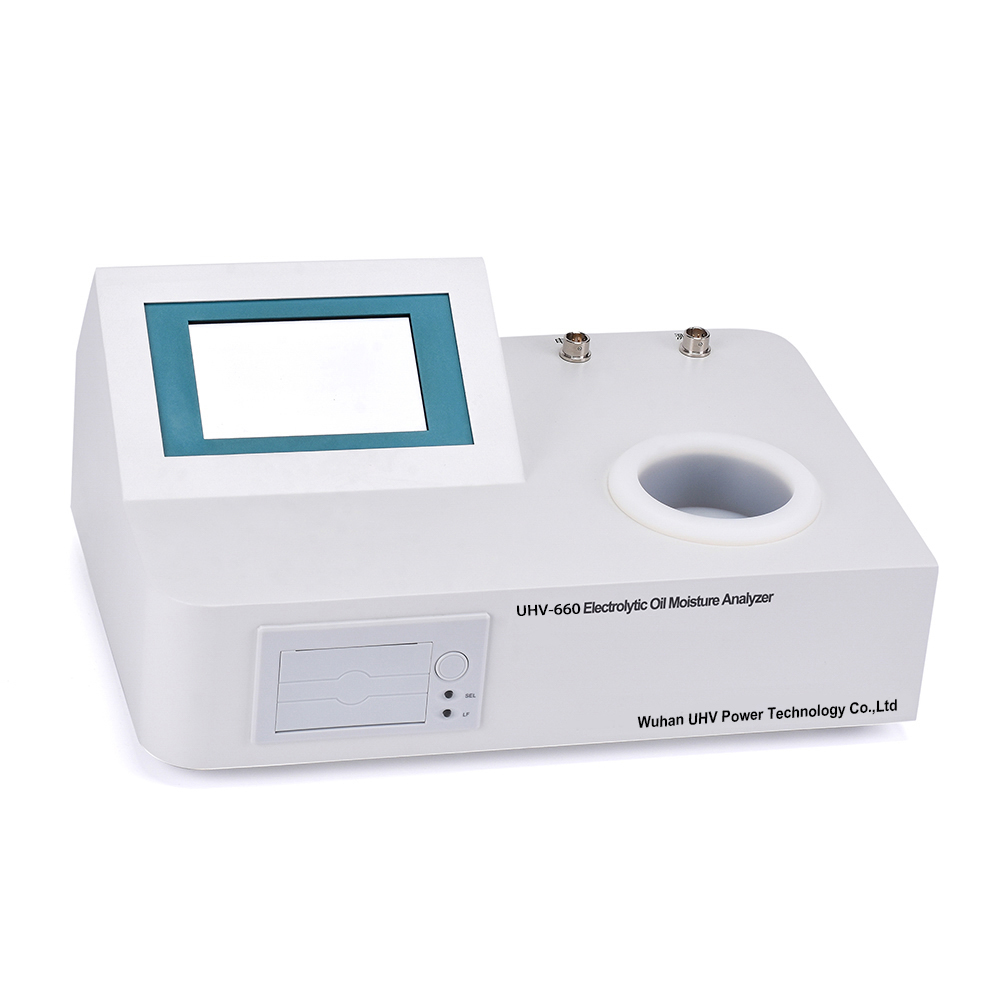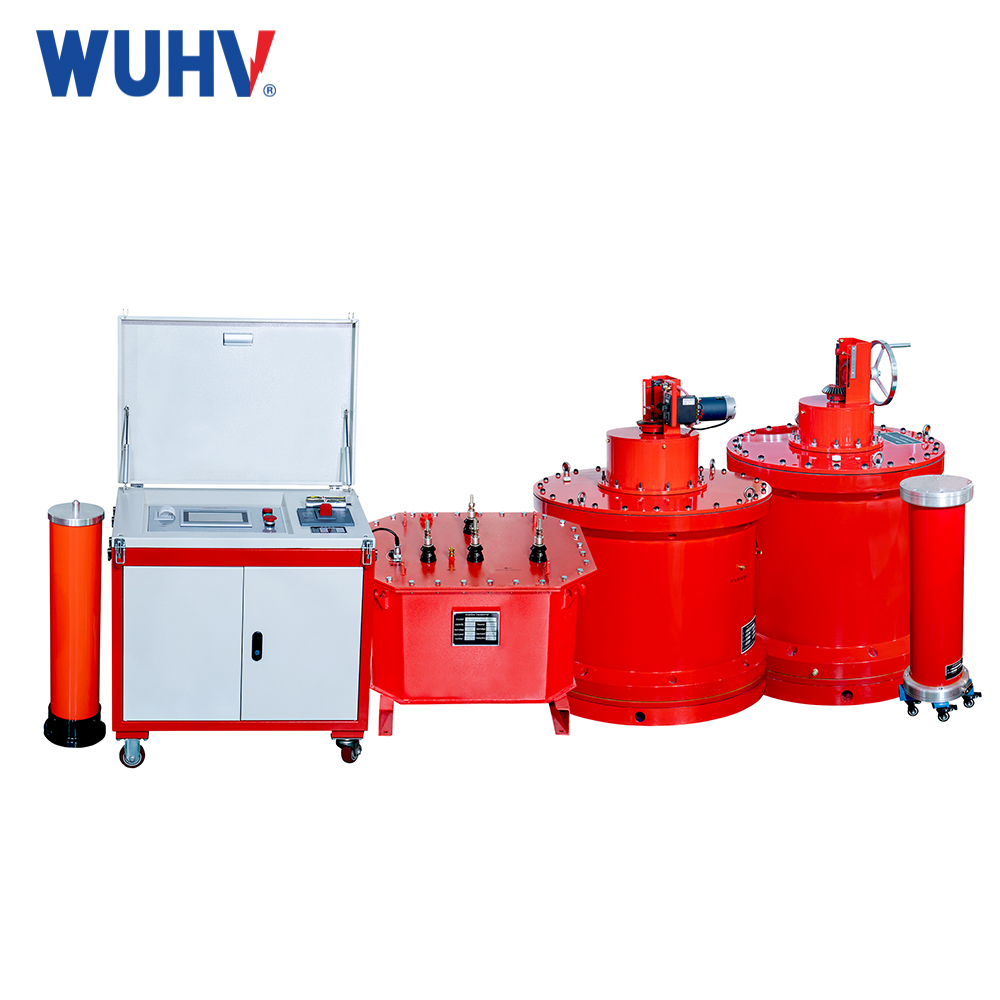The trace moisture analyzer Việc sử dụng nguồn điện siêu cao áp có thể giúp nhiều công nhân điện lực thực hiện các thử nghiệm điện khác nhau một cách thuận tiện hơn.
Karl Fischer titration (KF) is a technique for determining moisture content. This is a process based on the reaction between iodine and water. The KF method is one of the few techniques that can measure water content without being affected by other volatile substances. The KF titration device can measure free water and bound water, such as surface water on crystals or water inside crystals. This method is applicable to a wide concentration range from 5 ppm to 100% and provides reproducible and accurate results. Our equipment can effectively test various types of solid or liquid samples. The sample size can vary, typically between 0.5-5 grams, depending on the water content in the sample. There are two methods used to perform the Karl Fischer test, the volumetric method and the Coulomb method.
Volumetric titration method
Volume titration is used in the range of moisture content above 1-2%. In this method, the sample is directly injected into an airtight titration cell containing a solvent and dissolved before titration begins. By using an automatic burette, adding reagents and reacting with water, the conductivity is restored to the starting point. The amount of water/moisture in the sample is calculated based on the amount of reagent required to reach that point. Its moisture content ranges from 100 parts per million to 100%.
Coulombic titration method
For Coulombic titration, reagents and solvents are mixed in a titration cell. When the sample is introduced into the titration cell and dissolved, the reagent is released through current induction. Moisture is determined by the amount of current required to consume water. The advantage of Coulomb KF method is that it can accurately measure small amounts of moisture. Our instrument has a sensitivity as low as 0.1 micrograms (µ g) of water. This method is typically used for samples with moisture content below 1% or moisture content below 200 micrograms.
Moisture analysis
Adding a dedicated oven can analyze the moisture in solid samples or analyze unique liquid samples through water evaporation. For directly injected samples, they need to be soluble in a solvent compatible with KF reagents. Substances that slowly release water or release water at high temperatures (such as plastics or inorganic salts) are not suitable for direct Karl Fischer titration. For these samples, we can use oven accessories to determine the moisture content.
Weigh the sample into its own sample bottle and seal it to minimize contamination and residual effects. The use of PTFE covered spacers can prevent the absorption of any moisture from the ambient air. Place the small bottle in the oven and heat it up. Transfer the released water to the titration cell using a carrier gas, and then measure it by KF titration. Based on the moisture content of the sample, subsequent KF moisture determination can be performed by volumetric method, or for trace amounts, it can be performed by Coulombic method. Since only water enters the KF pool and the sample itself does not come into contact with the KF reagent, unnecessary side reactions and matrix effects are eliminated. You can determine the moisture content of solids (powders or particles), liquids of different viscosities, as well as pastes and fats.
These methods are widely used in transformer oil monitoring, crude oil and lubricant analysis, polymer analysis, as well as many application fields in solvent, pharmaceutical, and chemical industries.




















